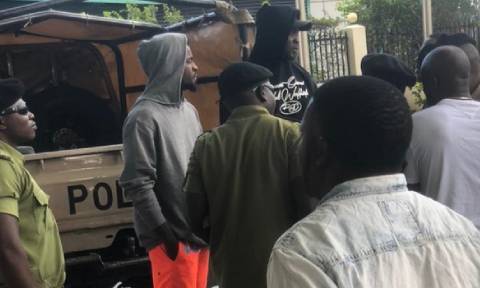IT has been reported that the rate of child crimes have increased over the years, although the Police has put up a spirited fight to prevent such crimes. According to statistics from the Police, over 3,760 cases involving children have been reported and investigated.
Most of these cases range from child neglect, abuse, torture, abduction, sacrifice, murder, kidnapp and abortion. Although some measures have been instituted to reduce these crimes, one area that has not been exploited is the contribution of Nigerian movies towards crime.
For most of you who have watched these movies, the scenes depicted are mostly those that involve violence, witchcraft, murder, child sacrifice, robbery, theft and breaking families.
The images these movies portray are detrimental to our society and could possibly be one of the little known causes of increased crime in Uganda. Desperate people pick tips from these movies on how to execute crimes.
Over the years, the Nigerian movie sales have increased tremendously. The entry of these movies that go for as low as sh1,000 on the streets, has a negative effect on our families and society.
Parents have entrusted housemaids with their children and they spend most of their time watching Nigerian movies as opposed to doing domestic chores.
Have we ever assessed the impact that the Nigerian movies have on our families? Are we aware of the content in these movies and how this can either contribute to or destroy our families?
I have also read about cases where families and the public have blamed the Police for failure to protect children, yet parents are contributing to the bulk of criminals by breeding them in their homes.
The Police should investigate the contribution of Nigerian movies towards increased crime rates and take appropriate action.
It is time parents banned Nigerian movies from households and screened the material they expose their families to.
Lastly, the electronic media should sieve what movies are fit for public viewing and which movies would fuel violence and evil thoughts.
The writer works with a microfinance and is a social critic


















